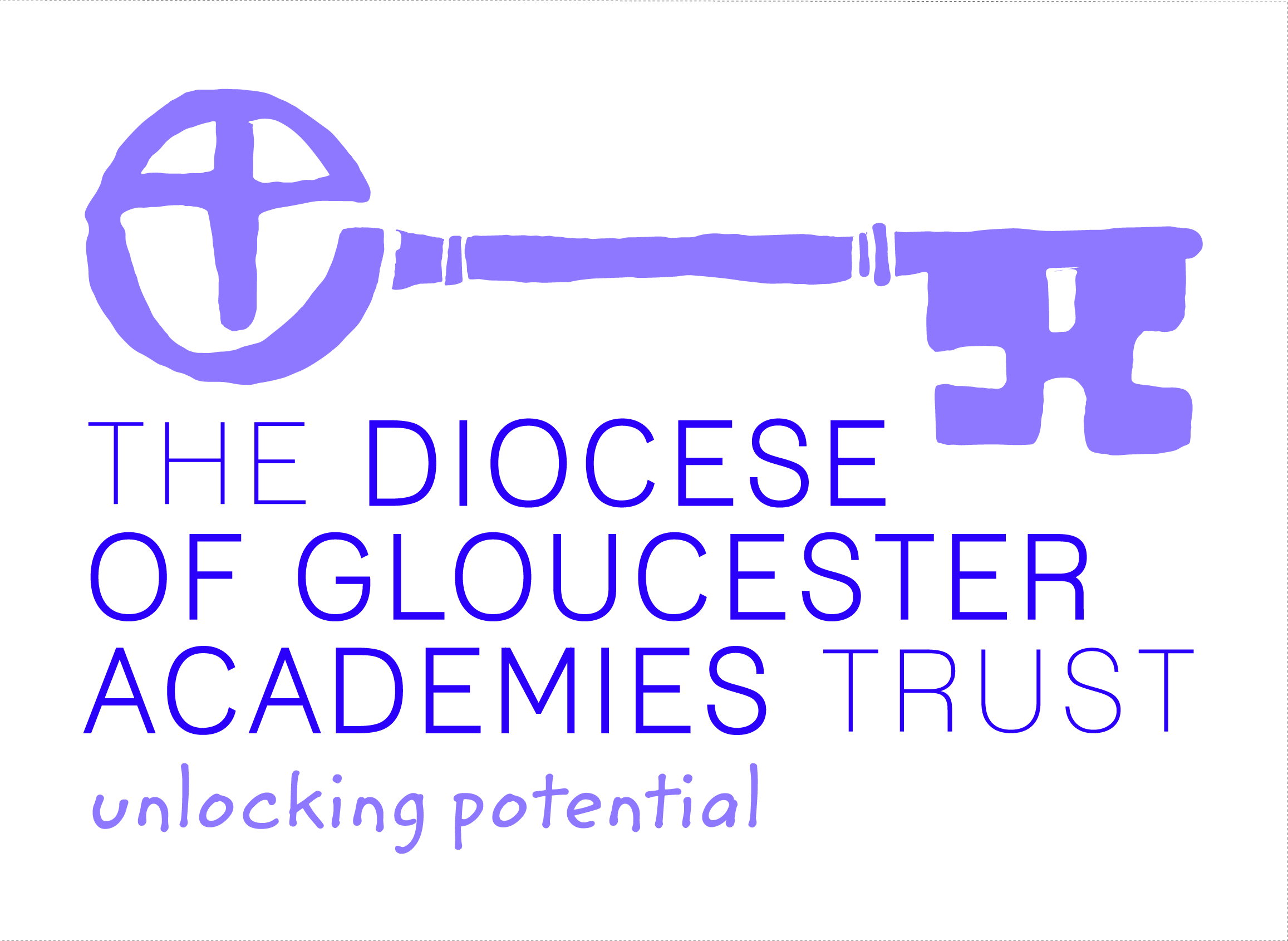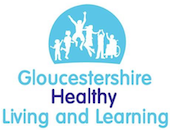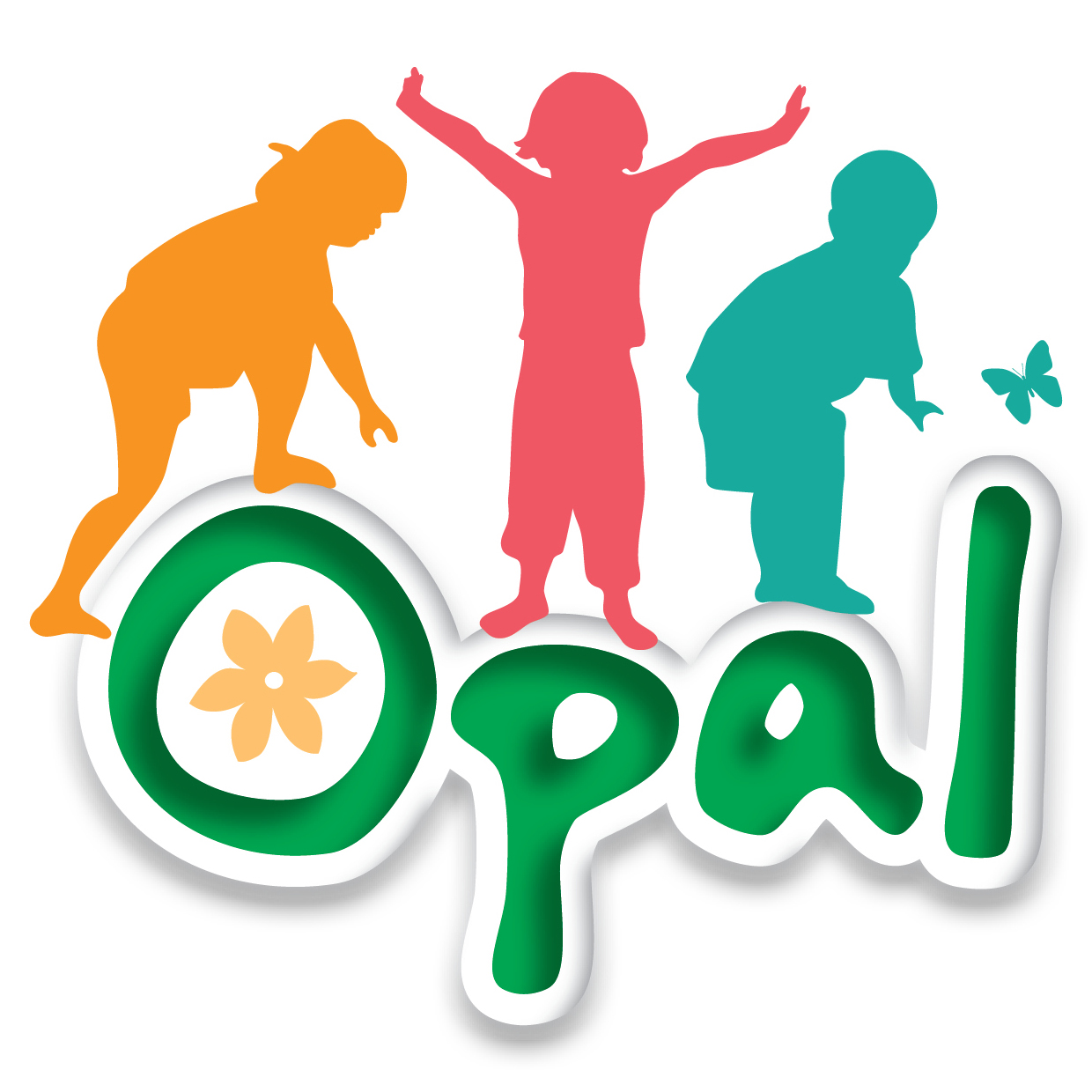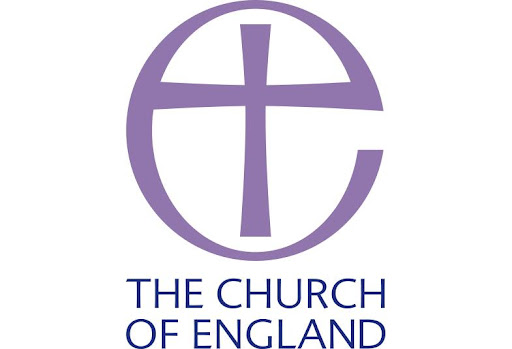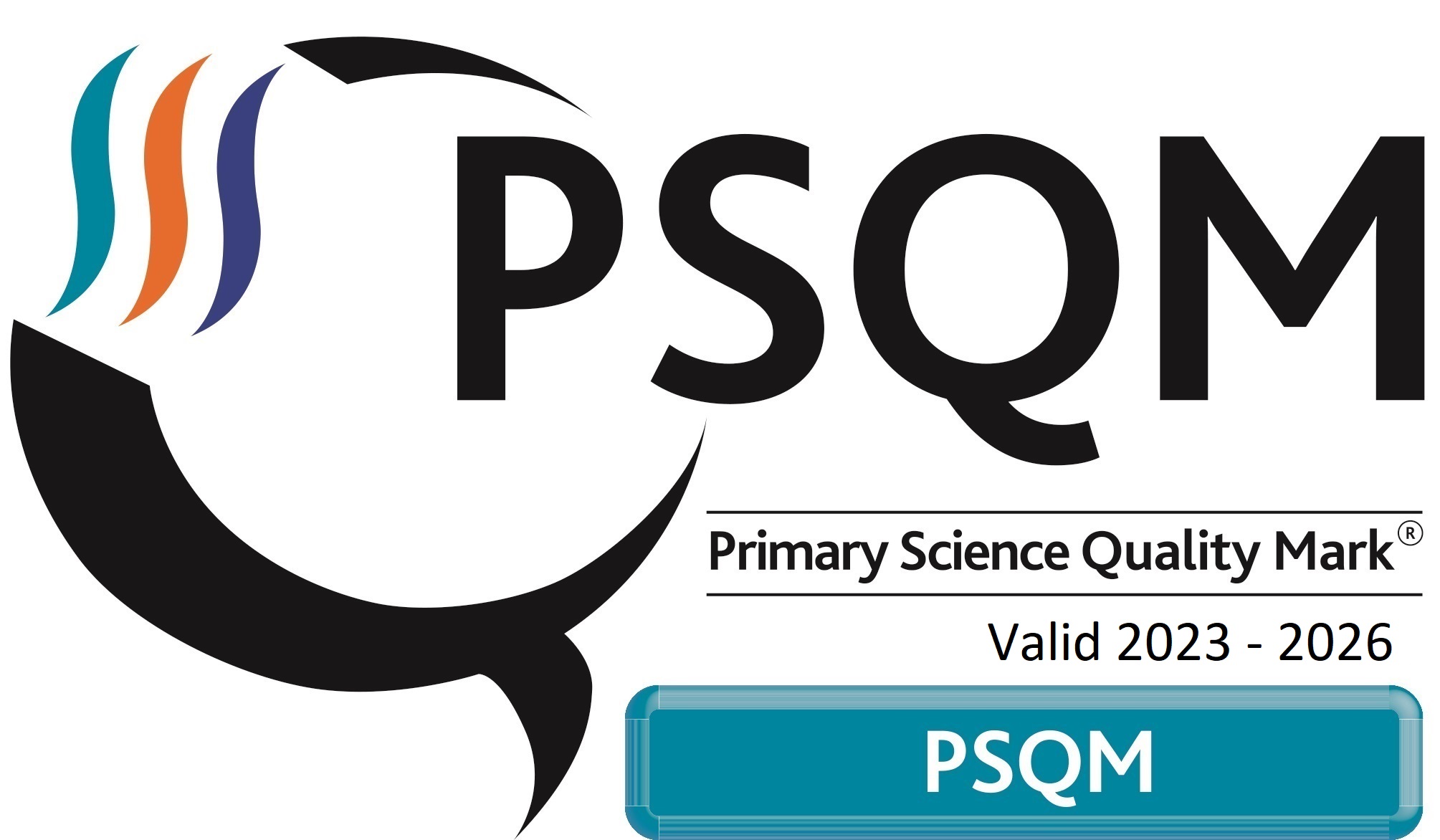Maths
At St Mary’s we believe that every child is capable of being a successful mathematician. Maths is a subject critical to a child’s development as it introduces children to concepts and skills that are essential to their everyday life and supports learning across the curriculum. We strive to create a supportive learning environment where all children can confidently learn and achieve.
What learning in Maths looks like at St Mary’s
Early Bird Maths Session:
From Year 2 to Year 6 our day (with the exception of Thursday) begins with ‘Early Bird’ Maths. For the first 15 minutes of the day, children develop their fluency of key arithmetic skills. As a priority, we ensure daily practise of times table and related division facts relevant to their year. Please click on the link to view our times tables progression grid Time tables Progression.We aim for all children to be fluent in understanding and recalling times table and division facts up to 12 x 12 by the end of Year 4 and to continue to maintain this fluency in Years 5 and 6. Further Early Bird learning focuses on refreshing key skills taught during the year and previous years, if needed.
The Daily Maths lesson:
Each day the children have the opportunity to make a new step on their learning journey through our main Maths lesson. We use the White Rose Maths Scheme of Work for our progression through the areas of Maths learning. Please click on the link to see year group overviews White Rose Year group Overviews
Addition and subtraction calculation policy WRM
Multiplication and division calculation policy WRM
During this session, the children will have time to learn a new concept or skill and practise applying this during whole class discussions and activities, where misconceptions can be noticed and addressed. Following this, all children will have the opportunity to apply their new learning more independently with work that challenges and engages them. Wherever possible, all children in the class will begin their work at the same point.
From Year 1 to Year 6, the children’s work will usually move through three stages that we call the ‘Do it’, ‘Secure it’ and ‘Deepen it’.
The ‘Do it’ - This will be no more than 6 questions giving the children the opportunity to practise and show their fluency with the new learning with only slight variation in the questions.
The ‘Secure it’ - This is the opportunity for the children to reason using what they’ve learned to help them understand and explain mistakes.
The ‘Deepen it’- This is a chance to develop flexible thinking and problem-solving skills. It may involve children applying their learning to a challenging, unfamiliar context sometimes with a range of potential answers. At this stage, children may also need to use the more challenging skills of convincing and proving.
Mastering Number:
We are using the NCETM (National Centre for Excellence in the Teaching of Mathematics) Mastering Number initiative. This initiative is designed for Reception, Year 1 and Year 2 children and aims to develop fluency in number facts as well as a flexibility with number that employs reasoning about mathematical structure and relationships. The children take part in sessions (approximately 15 minutes) using practical resources, including the rekenrek, that will allow them to embed the number facts and relationships between numbers through visual aids before moving to more abstract work.
For more information on how you can help your child with maths at home, view our helpful tips for KS1 and KS2.



